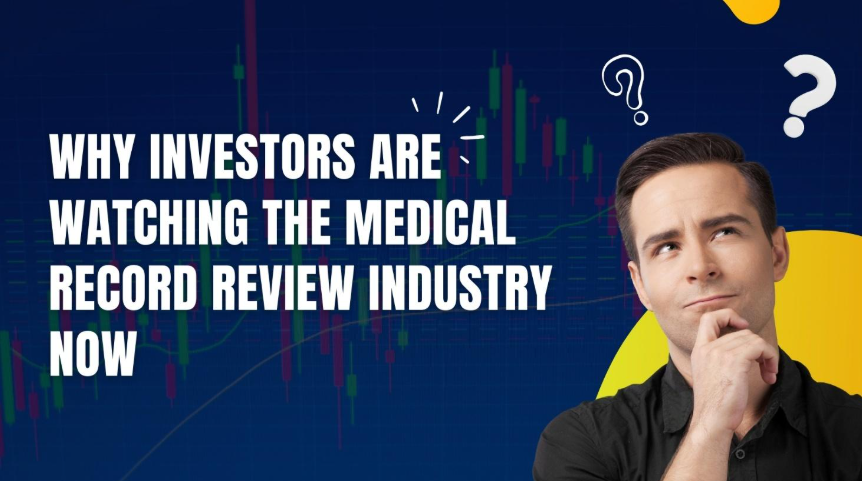Nowadays, the medical record review sector is capturing the attention of investors who see it as a growth opportunity in the healthcare system. With increasing healthcare costs, rapid integration of artificial intelligence, and the growing complexity of patient data, hospitals, insurers, and lawyers are heavily relying on professional medical record review companies to ensure accuracy and efficiency. For investors, this signals a great chance.
Regulatory Enforcement and Compliance
The Centers for Medicare & Medicaid Services (CMS) has expanded its Recovery Audit Contractor (RAC) and Risk Adjustment Data Validation (RADV) audits for Medicare Advantage plans. These plans rely heavily on accurate medical record documentation to determine patient risk scores and receive appropriate payments. The audit expansion creates a critical need for third-party medical record reviews to ensure compliance and minimize financial risk.
Increased inspection of regulatory compliance by government agencies is a major reason for investment in the healthcare sector.
Technology as a Catalyst for Growth
Now, Artificial Intelligence transforms everything, including medical record review. Instead of manually sifting through hundreds of pages of clinical documents, an AI medical record review company can analyze data rapidly, highlight inconsistencies, and highlight missing information.
Companies that successfully integrate AI with human expertise are emerging as market leaders. Startups offering AI medical record review solutions are already attracting venture capital funding.
Larger healthcare companies are also investing in medical record review capabilities, either through acquisitions or in-house platform development. This technology-driven evolution is creating fruitful ground for market expansion.
Legal and Insurance Sectors Expand Market Potential
Attorneys in personal injury, medical malpractice, and mass tort cases rely heavily on accurate medical record review for law firms. Insurers use it to evaluate claims quickly and reduce fraud.
This cross-industry reliance broadens the revenue streams for record review providers. A company serving both medical and legal sectors is less vulnerable to market fluctuations and has high growth potential. For investors, this diversification makes the industry more attractive.
M&A and Market Consolidation Ahead
Many small and mid-sized firms operate regionally, focusing on niche expertise. Big healthcare companies and private equity firms are showing interest in acquiring these specialized players to scale operations and integrate advanced technologies.
For investors, this signals an opportunity to get in early with firms likely to be acquisition targets. Market consolidation typically rewards those who identify promising companies before they are bought out or scale into larger enterprises.
To sum up,
Medical record review may not grab headlines like biotech or telehealth, but it represents a critical backbone service with growing strategic importance. Medical record review may be a niche service today, but in the investment portfolios of tomorrow, it has the potential to become a cornerstone of healthcare infrastructure.

